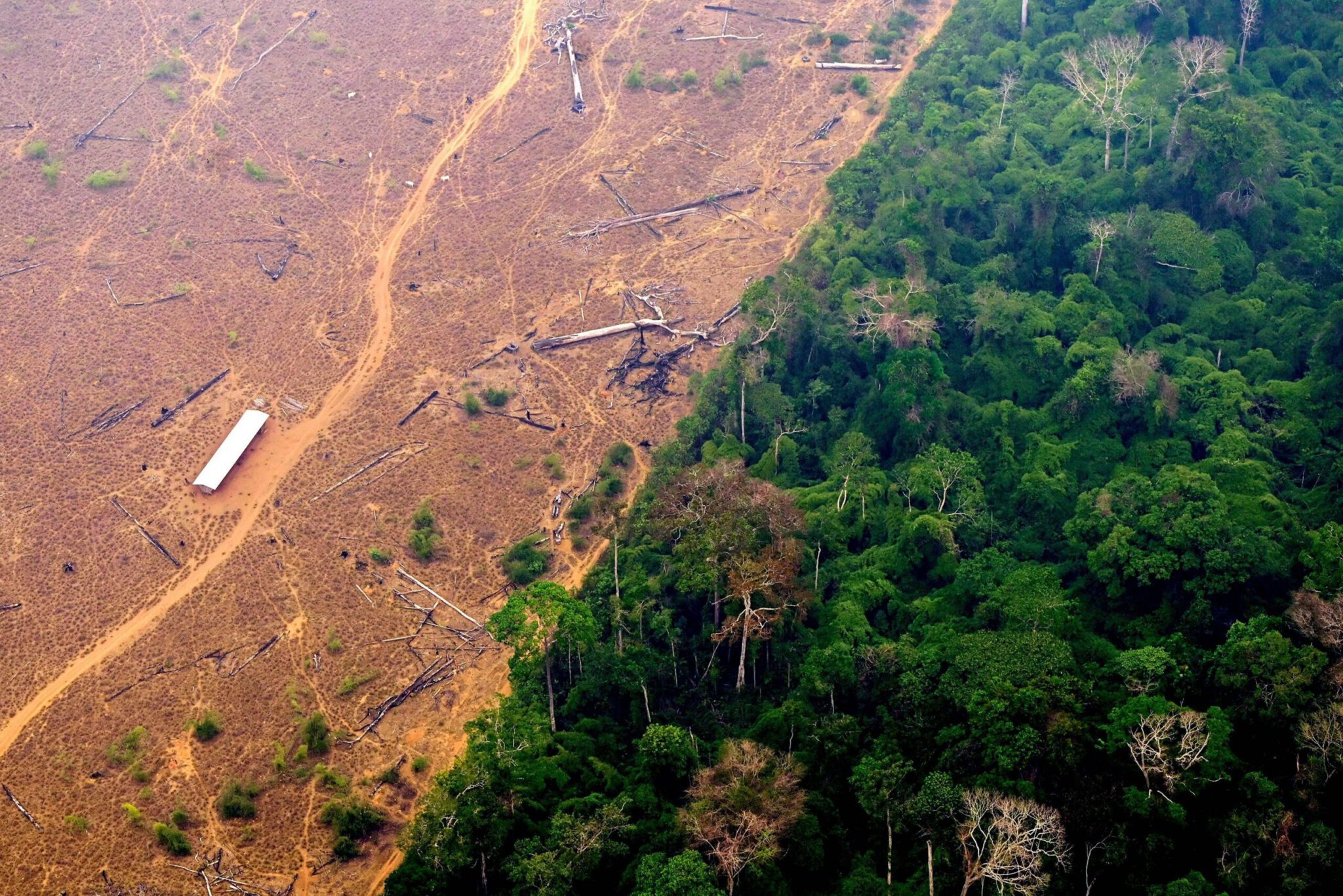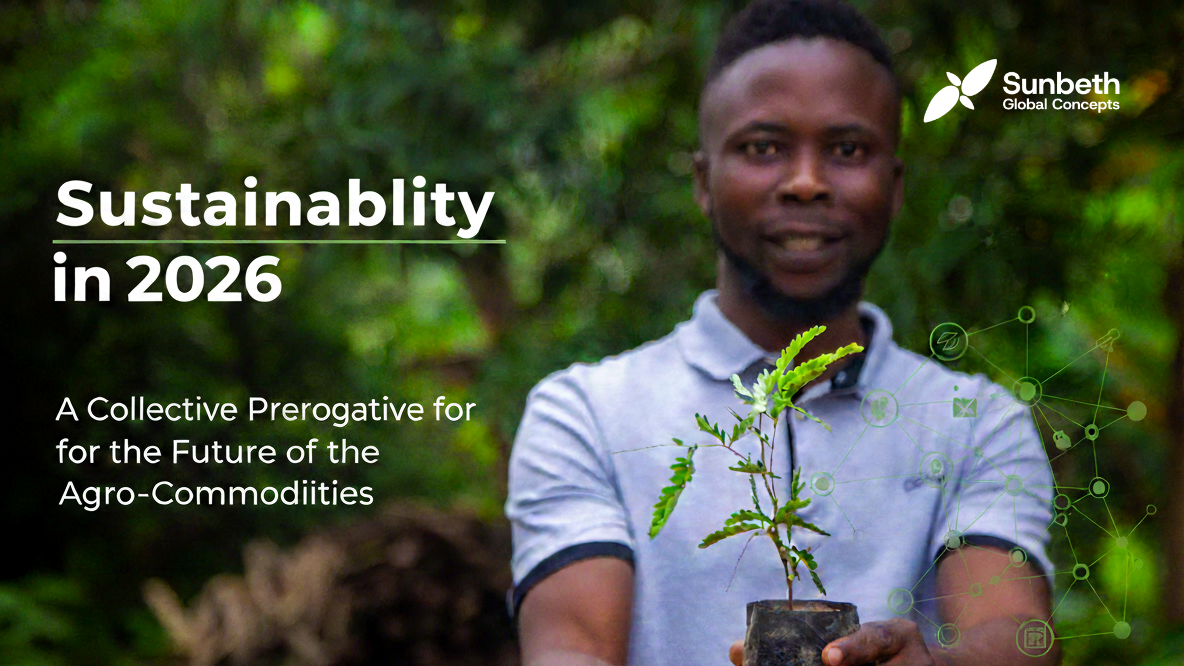Climate change is a global issue impacting every key industry in unique ways. While much of the attention is on rising temperatures, melting ice caps, and increasing rates of natural disasters, less consideration goes to the effects of climate change on agriculture and food production.
“However, climate change has far-reaching impacts on agricultural production and agri-commodity supply chains. For example, adverse weather conditions in late 2023 contributed to a significant drop in cocoa bean supply this year, leading to a surge in prices and ripple effects across the value chain.”
Similar disruptions in other agricultural commodities are driving food inflation and impacting food access globally. Tackling these growing challenges requires a redefined approach to addressing climate change. Without meaningful mitigation efforts in agriculture, achieving the Paris Agreement Goals on climate change will be even more challenging.
What Role Does Agriculture Play in Climate Change?
When it comes to climate change, Agriculture is a double-edged sword. It has the power to reverse climate change and contribute to it. Here’s how
Deforestation and Land-Use Change
Vast areas of forest cover have been lost to farming-related deforestation, which has led to a release of the carbon stored in trees and soil into the atmosphere. In essence, deforestation is a significant source of carbon dioxide emissions, particularly in regions like West Africa, where cocoa farming and other agricultural activities have led to widespread deforestation.
Greenhouse Gas Emissions
Agricultural activities also produce substantial greenhouse gas emissions:
● Nitrous Oxide (N₂O): Synthetic fertilizers and manure used for farming release nitrous oxide, a potent greenhouse gas, into the atmosphere.
● Carbon Dioxide (CO₂): Practices like burning agricultural waste add to carbon dioxide emissions, contributing to the greenhouse effect and global warming.
The Solution – Climate-Smart Agriculture
Although it’s practically impossible to fully reverse the effects of climate change in the short term, farmers can adjust and adopt sustainable approaches to reduce agriculture’s environmental impact.
Climate-smart agriculture (CSA) offers a practical, sustainable system that empowers farmers to adapt to changing conditions while mitigating the climate impacts of agriculture.
Understanding Climate-Smart Agriculture
CSA is a range of farming practices that help improve adaptability to climate change, reduce greenhouse gas emissions, and increase farm productivity. It focuses on:
● Adaptation – Helping farmers prepare for and adapt to climate-related changes.
● Mitigation – Minimizing agriculture’s environmental impact.
● Productivity – Ensuring that food production remains consistent and sustainable.
Climate-smart agriculture emphasizes efficient resource management, low-emission farming techniques, and healthy soil ecosystems.
Why Farmers Should Embrace Climate-Smart Practices
For farmers, particularly those cultivating climate-sensitive crops, climate-smart agriculture isn’t just a suggestion; it’s a lifeline. Adopting climate-smart practices enables farmers to:
● Increase crop resilience: CSA encourages the use of resilient crop varieties, crop diversification, and effective water management to withstand climate change’s impacts.
● Reduce input costs: The efficient resource management practices in CSA help to reduce costs and optimize the use of inputs.
● Promote environmental preservation: Practices like agroforestry and sustainable farming help conserve natural ecosystems and support biodiversity.
Source: Researchgate -- Core Principles of Climate-smart Agriculture
Climate-Smart Agriculture as a Path to Sustainability
Climate-smart agriculture goes beyond individual benefits for farmers, aligning with the broader sustainability goals that benefit the environment. It discourages destructive practices like deforestation and excessive synthetic inputs while promoting agroforestry, resource planning, and input optimization.
By adopting a more sustainable agricultural system, we not only improve food security but also contribute to reversing climate change and supporting planetary health.
Climate Change is Everyone's Concern
Climate change may seem like a distant issue to some, but its effects touch everyone. Whether you are a producer, distributor, or consumer, you’re involved, and your choices can help promote climate-smart practices and sustainable agriculture.
Ultimately, mitigating and adapting to climate change is a shared responsibility, and climate-smart agriculture offers a clear way forward. It empowers farmers, protects food systems, and contributes to environmental sustainability. By caring about climate change, we’re not just protecting the planet but investing in our food, health, and future.



